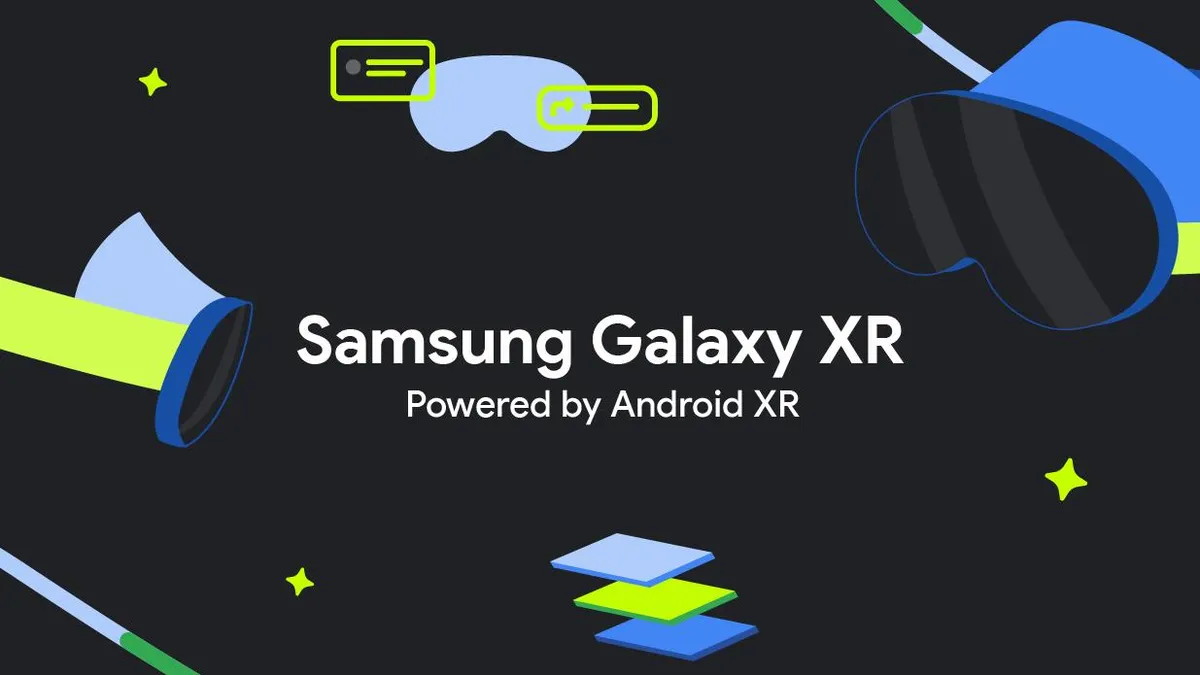
The Samsung Galaxy XR is setting a new standard in the extended reality (XR) space, particularly with its groundbreaking feature that supports sideloading APKs by default. This means users can install applications from outside the official app store without needing a PC or enabling developer mode, a significant advantage over competing platforms. The open nature of the Galaxy XR's bootloader further enhances its appeal, positioning it as the most open among the three major standalone XR platforms currently available.
When comparing the Samsung Galaxy XR with other XR platforms, such as Apple's visionOS and Meta's Horizon OS, it becomes clear that Samsung offers a more user-friendly and flexible experience. Apple's visionOS does not permit sideloading at all, restricting this capability to developers who can compile apps via Xcode on their Macs for testing. This limitation significantly narrows the possibilities for the average user.
On the other hand, sideloading on Meta's Horizon OS requires users to register as developers, a process that demands personal information such as a phone number or payment card details for verification. Moreover, users must connect an external device to their Quest headset to initiate the sideloading process, which adds unnecessary complexity.
According to reports from UploadVR, the Samsung Galaxy XR allows seamless sideloading without the need to enable Developer Mode. Users can simply download an Android APK using the built-in Google Chrome browser. As long as the browser has permission to install unknown apps, which can be granted in the Security and Privacy section of the Settings, users can effortlessly install their desired applications. This straightforward process is a huge advantage for those keen on exploring the full capabilities of their XR headset.
Another notable feature of the Samsung Galaxy XR is its ability to unlock the bootloader. As highlighted by tech analyst Brad Lynch, this capability allows for the potential installation of a custom operating system. While there are currently no general-purpose standalone XR operating systems available, the possibility of modifying the existing Android XR that powers the headset presents exciting opportunities for developers and enthusiasts alike. However, it’s essential to note that compatibility issues, particularly with drivers, may limit the practicality of such modifications at this stage.
Meta executives, including Mark Zuckerberg, have often referred to Horizon OS as the "Android of XR," emphasizing its comparative openness relative to Apple's visionOS. However, with the introduction of Android XR, it appears that Samsung is aiming to truly embody the essence of the Android experience within the XR domain. This newfound openness and flexibility may redefine user expectations and experiences in the XR landscape, making the Samsung Galaxy XR a compelling choice for both casual users and developers.
As developments in the XR space continue to evolve, we will keep a close watch on any initiatives that arise, particularly those involving custom operating systems or innovative applications tailored for the Samsung Galaxy XR. The future of XR looks promising, and Samsung is at the forefront of this technological revolution.